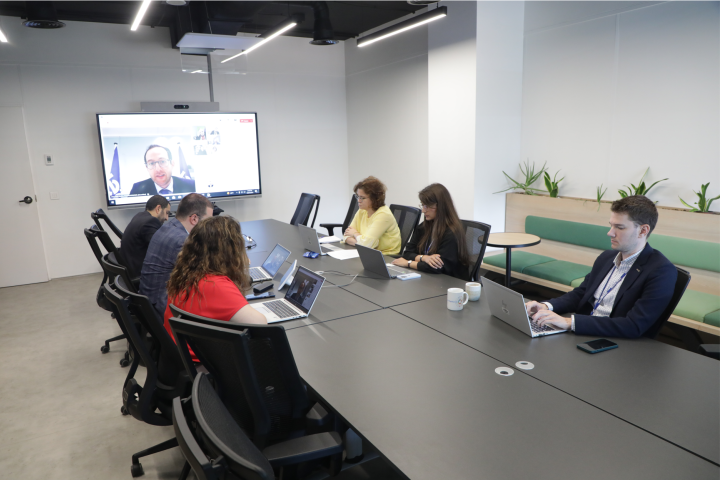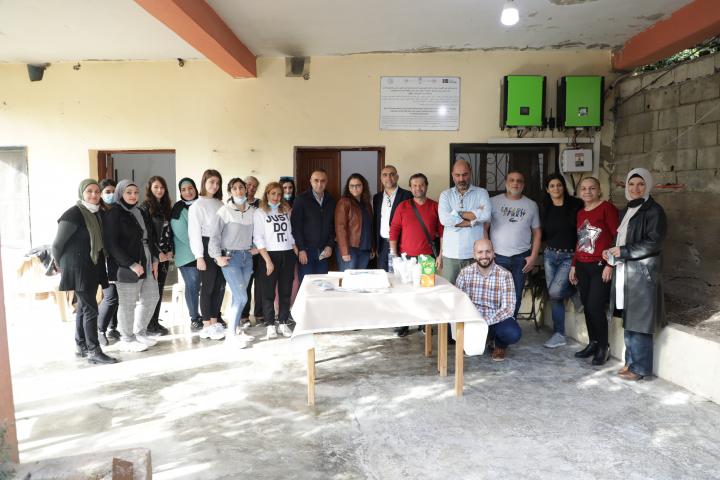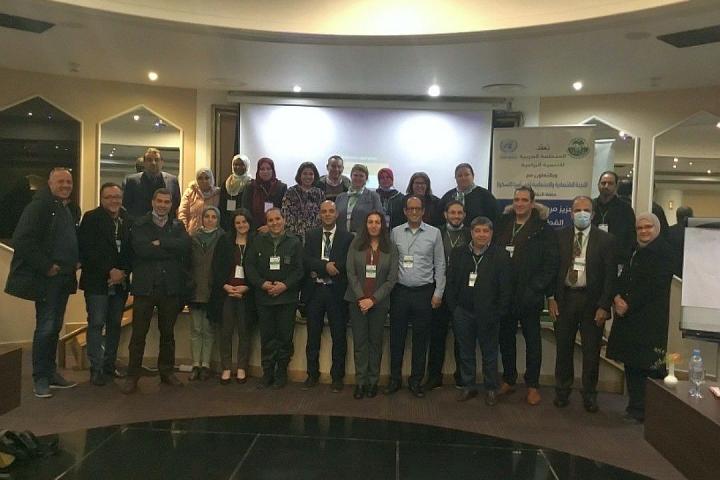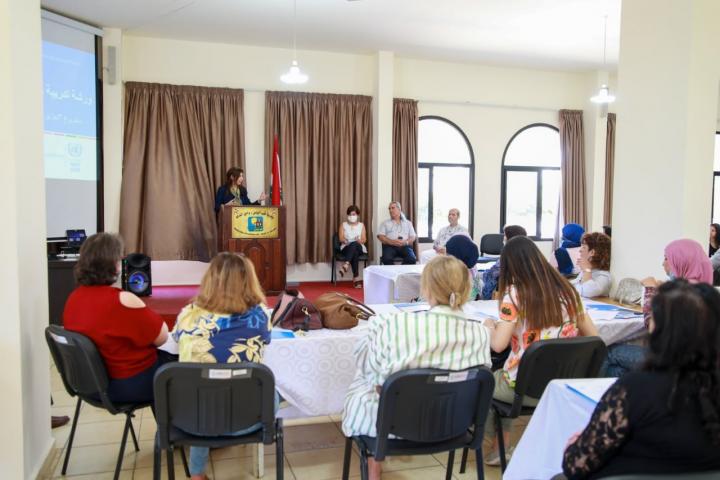Executive Secretary Mervat Tallawy announced that UNESCWA had prepared two concept papers during the war, one on the “Restoration of Environmental Damage Resulting from Military Aggression in Lebanon” and another on “Lebanon’s Rebuilding Momentum”. “These papers”, said Tallawy, “are to be materialized in the very near future into a series of field projects.” She reassured participants of UNESCWA’s intention to support Lebanon in restoring its environment and rehabilitating its economy. Tallawy was speaking at the opening session of a roundtable held by the Water, Environment and Energy Research Center at Notre Dame University (NDU) on “Lebanese Coastal Oil Spill Pollution: Impact and Crisis Management”. She expressed admiration for the Lebanese people “who were able, despite the circumstances, to persevere and create opportunities for development.” Tallawy pointed out, “I have served in various diplomatic posts where the governments were committed to specific programmes without being able to change them in an effort to minimize any chaos. However, in Lebanon, despite the difficult circumstances, the government has the ability to acclimate with urgent changes and the people are always ready to face sudden challenges.” Tallawy went on to say that Lebanon is “a country that has hosted a multitude of cultures and beliefs and will always have this special dimension due to its geographical location, cultural and historical background. However, the other side of the coin is the multitude of wars that Lebanon underwent due to the interaction of all aforementioned factors and forces.” Speaking of the attack on Jiyyeh Power Plant that resulted in a three-week fire and an environmental marine disaster for the East Mediterranean, Tallawy said the impact of the oil spill went beyond health factors, having an “extensive economic impact with significant social ramifications. Economically speaking, the two most affected sectors are commercial fishing and tourism. The extent of damage to these two vital sectors of the Lebanese economy has not been yet estimated or accurately measured. The associated social implications have to be assessed and contained immediately. “ The Executive Secretary stressed the role of national, regional and international nongovernmental organizations (NGOs) that can play an active role not only in protecting Lebanon but also the world from witnessing a situation similar to that of Lebanon. “The international community needs to provide Lebanon with effective assistance,” she said, “and UNESCWA will play a key role in coordinating regional and international measures to assist Lebanon.”
Commission
Secretariat
Our Clusters
Collaborate
Resources
Key Resources
Updates
Get in touch



